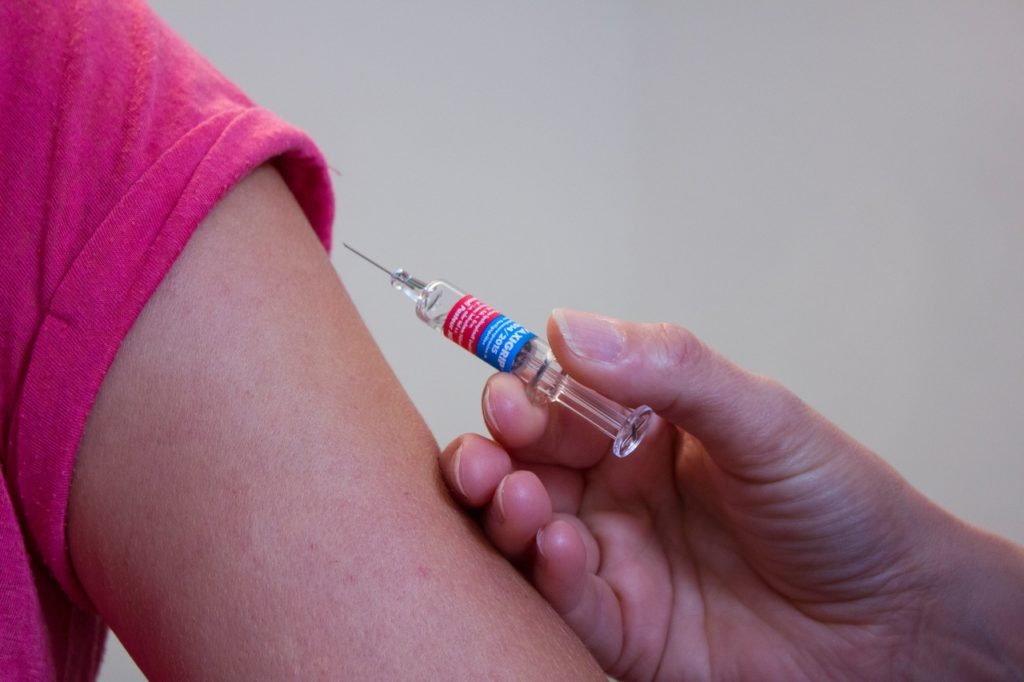The Brussels-based European Biosafety Network (EBN) has warned that the arrival of a vaccine against the coronavirus Covid-19 could be met by a Europe-wide shortage of adequate syringes and needles.
The EBN is an association of “interested parties committed to biological and occupational safety in healthcare throughout the European Union”. The warning is published on its website.
A vaccine is expected to be available by the end of the year or early 2021, but not on quantities sufficient for the whole world, the EBN says. When it does appear, it will be packaged in glass vials, with an expected two doses per person required to achieve protection against the virus.
“With an EU population in 2019 of 446 million, some 1 billion syringes and needles for vaccination will be required to deliver the vaccine in Europe,” the EBN writes.
“Thus, it is vital that the 27 EU member states commit to the supply of needles and syringes as soon as possible to avoid a bottleneck in production and supply.”
The experience at the outbreak of the pandemic, when healthcare services were faced with grave shortages of personal protective equipment (PPE) is not one to be repeated, the EBN warns – “with vaccines available but no medical devices to deliver them”.
To make the problem even more acute, standard syringes for everyday use in healthcare are not ideal for immunisation programmes.
Standard equipment contains dead space in which some of the vaccine remains trapped, and is therefore wasted. According to a paper by the World Health Organisation, the losses from the use of such equipment could be as high as 15%.
For immunisation purposes, the industry produces special cannulated needles that eliminate dead space so that all of the dose of vaccine reaches the subject. That improves the result, but such needles are in short supply compared to the standard issue equipment.
“Governments and institutions in charge of delivering COVID-19 vaccination in Europe must consider how best to maximise the use of the available vaccine, so they can vaccinate more people with, at least initially, a limited number of vaccine doses, and at the same time protect healthcare worker safety,” the organisation concludes.
In response to the warning, Belga reports, federal health minister Maggie De Block (Open VLD) is not concerned.
“It makes no sense to order syringes and needles en masse now, when we do not yet know what vaccine will be offered,” spokesperson Peter Poulussen said. Any future order will be made within the framework of European cooperation, he said.
Alan Hope
The Brussels Times

